Key Takeaways For L-Lysine in Cats
- L-lysine supplements can help manage symptoms of feline herpesvirus, including respiratory issues and eye infections
- JP's Natural Pet Supplements offers a palatable L-lysine gel specifically formulated for cats' respiratory health support
- Most cats with herpesvirus benefit from 500mg of L-lysine daily, though research on its effectiveness shows mixed results
- L-lysine comes in various forms, including gels, powders, and chewable treats, to accommodate different administration preferences
- While generally safe, L-lysine supplementation should be discussed with your veterinarian before starting, especially for cats with existing health conditions
Why Your Cat Needs L-Lysine: Health Benefits Explained
Cats suffering from recurring respiratory infections and eye problems may benefit significantly from L-lysine supplementation. This essential amino acid has become a popular recommendation among veterinarians, particularly for cats exhibiting symptoms of feline herpesvirus (FHV-1), a widespread infection affecting 80-90% of cats at some point in their lives. JP's Natural Pet Supplements offers a specially formulated L-lysine gel that supports respiratory health in cats dealing with these common issues.
Unlike many pharmaceutical interventions, L-lysine is a naturally occurring amino acid that works by potentially inhibiting the replication of the herpesvirus and supporting your cat's immune system during times of stress or illness. Many cat owners report noticeable improvements in their pets' symptoms within just a few days of beginning supplementation, though full effects may take several weeks to become apparent.
What makes L-lysine particularly appealing as a supplement is its dual role as both a potential symptom manager and a preventative measure during high-risk periods. When your cat experiences stressful situations like moving homes, introducing new pets, or boarding, their herpesvirus can reactivate, making preventative L-lysine supplementation especially valuable.
What Is L-Lysine and How Does It Support Feline Health
L-lysine is an essential amino acid, meaning cats cannot produce it naturally in their bodies and must obtain it through their diet or supplements. This building block of protein plays crucial roles in numerous bodily functions, including calcium absorption, collagen formation, and, most importantly for infected cats, immune system support. As a supplement, L-lysine works by competing with another amino acid called arginine, which the herpesvirus needs to replicate effectively. By maintaining higher lysine-to-arginine ratios in the body, the theory suggests that viral replication may be inhibited, potentially reducing the frequency and severity of herpesvirus flare-ups in cats.
L-lysine, an amino acid

The Science Behind L-Lysine for Cats with Herpesvirus
The scientific understanding of L-lysine's effectiveness for feline herpesvirus presents a complex picture. Early studies showed promising results, suggesting that L-lysine could help reduce viral shedding and symptom severity in infected cats. However, more recent research has yielded mixed findings, with some studies indicating limited effectiveness in preventing or treating FHV-1 symptoms. Despite these conflicting research outcomes, many veterinarians continue to recommend L-lysine supplements based on clinical observations and the supplement's excellent safety profile. The American Association of Feline Practitioners still includes L-lysine as a potential supportive care option for cats with herpesvirus, particularly when used as part of a comprehensive management approach rather than as a standalone treatment.
Expert Insight: "While research on L-lysine shows variable results, many veterinarians report clinical improvements in cats receiving the supplement. With its low risk of side effects, L-lysine often represents a worthwhile supportive option for cats with recurrent herpesvirus symptoms, especially when conventional treatments have limited success."
Signs Your Cat Might Need L-Lysine Supplementation
Recognising when your cat might benefit from L-lysine supplementation involves watching for several telltale signs of feline herpesvirus activation. Frequent sneezing episodes, especially when accompanied by nasal discharge, often indicate an active upper respiratory infection potentially linked to FHV-1. Eye-related symptoms are prevalent, including squinting, redness, watery discharge, or the development of conjunctivitis. Some cats may exhibit more severe manifestations like corneal ulcers, which require immediate veterinary attention.
Beyond these primary symptoms, you might notice your cat seems unusually lethargic, loses interest in food, or develops a fever during herpesvirus flare-ups. Pay special attention to pattern recognition – if these symptoms tend to emerge during periods of stress or change in your cat's environment, herpesvirus reactivation becomes even more likely. Cats with chronic, recurring respiratory or eye issues that never seem to resolve entirely are prime candidates for L-lysine supplementation as part of their management plan.
5 Top Benefits of L-Lysine Supplements for Cats
L-lysine supplementation offers multiple potential benefits for cats, particularly those with confirmed or suspected feline herpesvirus. Understanding these benefits helps cat owners make informed decisions about incorporating this supplement into their pet's healthcare regimen.
1. Fights Feline Herpesvirus and Reduces Flare-Ups
The primary benefit of L-lysine lies in its potential to disrupt the herpesvirus replication cycle by creating an unfavourable environment for viral activity. By competing with arginine, L-lysine may help reduce viral shedding and minimise the frequency of symptom flare-ups in cats with latent herpesvirus infections. Many cat owners report noticeable reductions in the frequency, duration, and severity of their cat's herpesvirus episodes after consistent L-lysine supplementation. This benefit is especially valuable for cats that experience recurrent symptoms despite other management approaches.
For cats living in multi-cat households, reducing viral shedding through L-lysine supplementation may also help decrease transmission risk to other feline housemates. While not a cure for the virus itself, which remains dormant in the cat's nervous system for life, L-lysine represents a practical approach to managing this common and persistent feline health challenge.
Ingredient Quality Checklist
When selecting an L-lysine supplement for your cat, ingredient quality should be your primary consideration. Look for products that contain pharmaceutical-grade L-lysine as the main active ingredient, ideally with minimal additional ingredients. Avoid supplements containing artificial colours, flavours, or preservatives that might trigger allergic reactions or gastrointestinal upset in sensitive cats. The purest L-lysine supplements typically list only the active ingredient and perhaps a few natural flavouring agents to enhance palatability.
Be particularly cautious about supplements containing propylene glycol, as this ingredient has been associated with potential health concerns in cats, particularly related to red blood cell damage with long-term exposure. Responsible manufacturers will provide transparent information about their sourcing and manufacturing practices. Products made in facilities that follow Good Manufacturing Practices (GMP) generally offer more consistent quality and purity levels, which is especially important for supplements given daily over extended periods.
Dosage Guidelines by Cat Weight and Age
L-lysine dosage requirements vary based on your cat's weight, age, and the severity of their symptoms. Most veterinarians recommend a standard dose of 500mg per day for adult cats (approximately 9-10 pounds) with active herpesvirus symptoms. This dose can be divided into two 250mg administrations for more consistent blood levels throughout the day. For kittens or cats weighing less than 5 pounds, the dosage should be reduced to approximately 250mg daily, while larger cats weighing over 15 pounds may require up to 750mg daily.
During acute flare-ups, your veterinarian might recommend temporarily increasing the dosage to help manage symptoms more aggressively. Once symptoms subside, many cats benefit from a maintenance dose (typically half the therapeutic dose) to help prevent recurrence. Always consult with your veterinarian before starting any supplement regimen, as they can provide personalised dosage recommendations based on your cat's specific health profile and needs.
Palatability Factors for Fussy Eaters
Palatability becomes a crucial consideration when selecting L-lysine supplements, particularly for notoriously finicky cats. Many manufacturers add flavouring agents like chicken, fish, or maple to make their products more appealing. Gel and paste formulations often score highest on palatability tests, as their semi-moist texture and concentrated flavouring tend to be more accepted by discerning feline palates. For extremely selective eaters, highly aromatic fish-flavoured options typically offer the best acceptance rates.
Consider your cat's texture preferences when selecting a supplement form. Some cats strongly prefer licking gel products directly from your finger or a spoon, while others more readily accept powders mixed thoroughly into wet food. If your cat consistently rejects one form, don't hesitate to try another, as the effectiveness of any supplement depends entirely on your ability to administer it successfully. Remember that warming wet food slightly after mixing in powder supplements can help enhance the aroma and increase acceptance in particularly resistant cats.
Price Comparison and Value Assessment
L-lysine supplements for cats vary considerably in price, typically ranging from $15 to $40 for a one-month supply. When assessing value, consider the cost per serving rather than just the upfront package price. Powdered formulations generally offer the best value in terms of cost per dose, though this advantage diminishes if your cat consistently refuses to consume it, necessitating wasted product.
|
Supplement Type |
Average Price Range |
Typical Doses Per Package |
Approximate Cost Per Day |
|
Powder |
$15-25 |
60-120 |
$0.20-0.40 |
|
Gel/Paste |
$18-30 |
30-60 |
$0.50-0.80 |
|
Chewable Treats |
$20-40 |
30-60 |
$0.60-1.20 |
While premium brands typically command higher prices, they often contain higher-quality ingredients and more rigorous quality control. For cats requiring long-term supplementation, subscribing to auto-delivery options from reputable retailers can significantly reduce costs, sometimes offering savings of 10-15%. Remember that the most valuable supplement is ultimately the one your cat will consistently take, so prioritise acceptance over minor price differences.
6 Best L-Lysine Supplements for Cats in 2023
With numerous L-lysine supplements available on the market, identifying the truly exceptional products can be challenging. After evaluating dozens of options based on ingredient quality, palatability, ease of administration, and customer satisfaction, these six products emerged as standout choices for managing feline herpesvirus symptoms.
Each of these top-rated supplements offers unique advantages to address different priorities, from budget considerations to administration preferences. While all contain the same active ingredient (L-lysine), their formulations, additional ingredients, and delivery methods vary significantly, allowing you to select the option best suited to your cat's specific needs and preferences.
1. Vetoquinol Viralys L-Lysine Powder: Best Overall Formula
Vetoquinol Viralys consistently ranks as the top veterinarian-recommended L-lysine powder supplement, earning praise for its high-quality, pharmaceutical-grade L-lysine formulation. Available in a highly palatable maple flavour that most cats readily accept, this powder dissolves easily in wet food without altering texture significantly. Each scoop delivers a precise 500mg dose of L-lysine, and the 100g container provides approximately 60 doses, offering excellent value for long-term use. What sets Viralys apart is its exceptional purity profile—the formula contains minimal additional ingredients beyond the active L-lysine and natural flavouring.
2. Enisyl-F Oral Paste: Best for Easy Administration
Enisyl-F has revolutionised L-lysine administration with its innovative syringe-style applicator that allows direct oral delivery without wrestling with food mixing or pill pockets. This vanilla-flavoured paste delivers 250mg of L-lysine per pump, allowing for precise dosage control and minimal waste. The texture appeals to most cats, with many accepting it as a treat directly from the applicator. While more expensive per dose than powder alternatives, Enisyl-F offers unparalleled convenience, making it particularly valuable for cats requiring medication when appetite is reduced during symptom flare-ups.
3. Pet Naturals L-Lysine Chews: Most Palatable Option
For cats who resist traditional supplement forms, Pet Naturals L-Lysine Chews offer an ingenious solution in the form of chicken-flavoured soft chews that many cats mistake for treats. Each chew contains 250mg of L-lysine along with DMG (dimethylglycine) for additional immune support. The texture strikes an ideal balance—soft enough for easy consumption but firm enough to maintain stability without refrigeration. While the additional ingredients make this a less pure option than simple L-lysine formulations, the exceptional acceptance rate makes these chews worth considering for particularly difficult cats.
4. JP's Natural Pet Supplements L-Lysine Gel: Best for Respiratory Support
JP's Natural Pet Supplements offers a standout L-lysine gel specifically formulated to support respiratory health in cats suffering from herpesvirus symptoms. This highly palatable gel delivers 500mg of L-lysine per teaspoon in a fish-flavoured base that most cats find irresistible. What distinguishes JP's formula is the inclusion of additional respiratory support ingredients while maintaining a clean, natural ingredient profile free from artificial preservatives or fillers.
"Our L-lysine gel was developed specifically to address the respiratory challenges cats face during herpesvirus flare-ups. The smooth, palatable formula ensures easy administration even when cats are feeling under the weather, and our unique delivery system helps maintain consistent blood levels for optimal effectiveness." - JP's Natural Pet Supplements
The convenient 50ml tube packaging prevents contamination between uses and allows for precise dosing with the included measuring cap. Customer reviews consistently highlight impressive symptom improvement, particularly for cats with chronic nasal discharge and congestion. For cat owners seeking a natural, effective respiratory support supplement, JP's L-lysine gel represents an excellent value despite its slightly premium price point.
5. VetriScience Laboratories L-Lysine: Best Budget Option
VetriScience Laboratories delivers exceptional value with their chicken-flavoured L-lysine chews that provide 250mg of L-lysine per soft chew at nearly half the price of premium competitors. Despite the budget-friendly price point, these chews maintain impressive quality standards, being manufactured in the USA in an FDA-registered facility. The formula includes a proprietary blend of brewer's yeast and fish oil that enhances both palatability and provides omega fatty acids for additional skin and coat benefits. For multi-cat households or cats requiring long-term supplementation, VetriScience offers the most economical path to consistent L-lysine administration without compromising on essential quality factors.
6. PetMD L-Lysine Immune Support: Best for Long-Term Use
PetMD's L-Lysine Immune Support formula stands out for its comprehensive approach to immune health, making it ideal for long-term preventative use. Beyond the standard 500mg L-lysine per serving, this powder formula incorporates immune-boosting antioxidants, including vitamin C and zinc. The tuna-flavoured powder mixes easily with both wet and dry food, with most cats accepting it readily without detecting its presence. The extra-large container provides approximately 120 servings, making it particularly cost-effective for ongoing maintenance supplementation. For cats with chronic herpesvirus requiring continuous support rather than just acute treatment, PetMD's formula offers the additional nutritional cofactors that support optimal immune function over time.
How to Give L-Lysine to Difficult Cats
Even the highest quality L-lysine supplement proves worthless if your cat refuses to take it. Administration challenges represent the most common reason cat owners abandon potentially beneficial supplement regimens. Understanding effective techniques for delivering supplements to resistant cats can dramatically improve compliance and ensure your cat receives the full therapeutic benefit.
Before attempting any administration method, consider your cat's personality and preferences. Some cats respond better to direct approaches, while others require more subtle strategies. Patience and persistence are essential—most cats eventually accept supplements when presented consistently using methods aligned with their natural behaviours and preferences.
Sneaky Mixing Techniques That Actually Work
For powder supplements, the traditional advice to "mix with food" often fails with observant cats who detect and avoid the medication. Instead, try creating a paste with just a small amount of highly aromatic wet food (tuna or sardines work exceptionally well) before mixing this concentrated paste into their regular meal. Another practical approach involves layering—place half the meal in the bowl, sprinkle the supplement in the middle, then cover with the remaining food, creating a "supplement sandwich" that most cats will consume without noticing. For particularly suspicious cats, consider mixing the supplement with a small amount of Gerber chicken baby food (which has a smooth consistency most cats find irresistible) and offering this as a special pre-meal "appetiser" when the cat is most hungry.
Creating Positive Supplement Routines
The psychological aspect of supplement administration often proves as necessary as the physical delivery method. Establish a consistent routine that pairs supplement time with positive experiences to create favourable associations. Try administering the supplement at the same time each day, immediately followed by playtime with a favourite toy or a special treat that's only available after taking the supplement. Avoid chasing or restraining your cat for administration, as this creates negative associations that make future doses increasingly difficult.
Consider using clicker training techniques to shape cooperative behaviour around supplement time. With patience, many cats can be trained to approach for gel supplements voluntarily or to eat medicated food with enthusiasm. Remember that stress can trigger herpesvirus flare-ups, so maintaining a calm, positive atmosphere during administration directly supports your therapeutic goals.
When to Try Different Supplement Forms
If you've consistently struggled with one supplement form despite trying multiple administration techniques, it's time to switch formats rather than continuing an ineffective approach. Cats who resist powders mixed in food might readily accept the same active ingredient in gel form applied to their paw (which they'll instinctively lick off) or as a flavoured chew offered as a treat. Some cats develop preferences for specific administration routes—many will happily lick gel supplements directly from a finger or spoon while rejecting the same product when added to food.
Pay attention to temperature preferences as well. Some cats more readily accept room-temperature or slightly warmed supplements compared to those stored in the refrigerator. If all commercial options fail, consider discussing compounded formulations with your veterinarian. Compounding pharmacies can create custom L-lysine supplements in specialised flavours tailored to your cat's specific preferences, albeit at a higher cost than commercial alternatives.
When to Start and Stop L-Lysine Supplementation
Timing is everything when it comes to L-lysine supplementation for cats. Understanding when to initiate, adjust, or discontinue treatment can significantly impact its effectiveness in managing feline herpesvirus symptoms. Most veterinarians recommend beginning L-lysine supplementation at the first sign of herpesvirus symptoms, including eye discharge, sneezing, or congestion, particularly if your cat has a known history of FHV-1.
The duration of supplementation varies considerably based on your cat's response and the nature of their condition. While some cats may need only short-term supplementation during active flare-ups, others with chronic, recurrent symptoms might benefit from ongoing maintenance dosing. Regular assessment of your cat's symptoms and periodic consultation with your veterinarian will help determine the optimal supplementation schedule for your specific pet.
Preventative Use During Stress Periods
- Boarding or kenneling situations (start 2-3 days before boarding)
- Introduction of new pets to the household
- Moving to a new home
- Construction or major household changes
- Holiday periods with increased visitor activity
Stress represents one of the primary triggers for herpesvirus reactivation in cats. During these high-risk periods, proactive L-lysine supplementation can help prevent symptom flare-ups before they begin. Starting supplementation 2-3 days before an anticipated stressor and continuing throughout the stressful period provides the best protective effect. This preventative approach is particularly valuable for cats with a known history of stress-induced symptom recurrence.
For cats with seasonal symptom patterns, such as those who experience more frequent flare-ups during cold weather months or allergy seasons, scheduled preventative supplementation aligned with these vulnerable periods may reduce breakthrough episodes. Many veterinarians recommend maintaining preventative supplementation for 5-7 days after the stressful event concludes to ensure adequate coverage during the recovery period when the cat's immune system may still be compromised.
Preventative dosing typically follows a similar protocol to regular maintenance dosing (usually 250-500mg daily), though some veterinarians recommend slightly lower preventative doses for cats without active symptoms. Consistent administration during these critical periods provides the best chance of maintaining symptom control, particularly for cats with well-established patterns of stress-induced symptom recurrence.
Treatment Duration for Active Symptoms
When treating active herpesvirus symptoms, most veterinarians recommend continuing L-lysine supplementation for at least 7-10 days after all visible symptoms have resolved. This extended treatment window helps ensure complete viral suppression and reduces the risk of immediate symptom recurrence. For cats experiencing their first recognised herpesvirus episode, an initial treatment period of 2-4 weeks at full therapeutic dosage (typically 500mg daily for an average adult cat) allows sufficient time to evaluate effectiveness.
Treatment Timeline: "I typically recommend continuing L-lysine at full therapeutic dose until 7-10 days after all symptoms have resolved, then transitioning to a maintenance dose for cats with recurrent episodes. This approach provides the best balance between symptom management and long-term prevention." - Dr. Sarah Miller, DVM, Feline Specialist
During active treatment periods, consistent twice-daily administration helps maintain stable blood levels of L-lysine. Some cats show dramatic improvement within 3-5 days, while others may require 2-3 weeks before significant symptom reduction becomes apparent. If your cat shows no improvement after 3-4 weeks of consistent supplementation, consult your veterinarian to reassess the diagnosis and treatment approach, as other conditions may be contributing to or mimicking herpesvirus symptoms.
For particularly severe outbreaks, your veterinarian might recommend supplementing L-lysine with prescription antiviral medications or antibiotics to address secondary bacterial infections. In these cases, continue L-lysine supplementation alongside prescribed medications unless specifically instructed otherwise by your veterinarian, as the amino acid works through a different mechanism and can complement pharmaceutical interventions.
Maintenance Dosing for Chronic Conditions
For cats with chronic, recurrent herpesvirus symptoms, long-term maintenance dosing often provides the best quality of life. Maintenance protocols typically involve daily administration at approximately half the therapeutic dose (250mg for most adult cats), though some cats with mild or infrequent symptoms may achieve adequate control with every-other-day dosing. This long-term approach helps maintain consistent L-lysine levels in the body, potentially inhibiting viral replication before symptom triggers can establish a foothold. Many cat owners report that consistent maintenance dosing reduces both the frequency and severity of breakthrough episodes, allowing their cats to maintain better overall health with fewer interruptions from active herpesvirus flare-ups.
Safety Considerations and Potential Side Effects
L-lysine stands out among feline supplements for its exceptional safety profile, with adverse reactions being rare even with long-term administration. However, as with any health supplement, understanding potential safety considerations helps ensure the best outcome for your cat. When administered at recommended dosages, L-lysine is generally well-tolerated by most cats, with gastrointestinal upset being the most commonly reported side effect. If you notice any concerning changes in your cat's behaviour or health status after beginning L-lysine supplementation, consult your veterinarian promptly to determine whether the supplement is contributing to these changes.
Common Side Effects to Monitor
Gastrointestinal disturbances represent the most frequently reported side effects of L-lysine supplementation in cats. Some cats may experience temporary digestive upset when first starting the supplement, including symptoms like vomiting, diarrhoea, or decreased appetite. These reactions typically resolve within a few days as the cat's system adjusts to the supplement. If these symptoms persist beyond 3-4 days or appear severe, discontinue the supplement, and consult your veterinarian before restarting.
Hypersalivation or drooling occasionally occurs in cats who dislike the taste of certain L-lysine formulations, particularly powders or unflavoured options. This represents an aversion response rather than a true side effect and can often be resolved by switching to a different flavour or formulation. In extremely rare cases, allergic reactions to L-lysine or carrier ingredients in the supplement may occur, manifesting as itching, facial swelling, or hives. Such reactions require immediate veterinary attention and discontinuation of the supplement.
When to Consult Your Veterinarian
While L-lysine is generally safe, certain situations warrant professional veterinary consultation before starting supplementation. Cats with pre-existing kidney or liver disease require special consideration, as these organs play crucial roles in amino acid metabolism. Cats with immune-mediated conditions, those receiving immunosuppressive medications, pregnant or lactating queens, and kittens under 12 weeks of age should receive L-lysine only under direct veterinary supervision. Additionally, any cat experiencing persistent side effects, worsening of symptoms after starting L-lysine, or development of new, unexplained symptoms should be evaluated by a veterinarian to determine whether the supplement is appropriate for their specific situation.
Drug Interactions to Be Aware Of
L-lysine has relatively few known drug interactions, which contributes to its favourable safety profile. However, certain medication combinations warrant extra monitoring. High doses of calcium supplements taken concurrently with L-lysine may increase the risk of calcium-related side effects, as L-lysine enhances calcium absorption. Additionally, L-lysine may interact with certain immunomodulating medications, potentially affecting their efficacy or increasing the risk of side effects.
- Calcium supplements (monitor for hypercalcemia)
- Immunosuppressive drugs (potential efficacy changes)
- Arginine supplements (competitive absorption)
- Certain antibiotics (absorption timing conflicts)
When starting any new medication while your cat is taking L-lysine, inform your veterinarian about the supplement to ensure proper coordination of treatments. In most cases, timing adjustments or minor dosage modifications can accommodate both treatments without compromising effectiveness. For cats on multiple medications, maintaining detailed records of administration times and observed effects helps identify potential interactions early and allows for prompt intervention if necessary.
Generally, veterinarians recommend administering L-lysine supplements at least two hours apart from other medications to minimize potential absorption conflicts. This separation is particularly important for antibiotics and other medications that compete for similar absorption pathways in the digestive system. With proper timing and veterinary oversight, most cats can safely receive L-lysine alongside other necessary treatments without significant interaction concerns.
Make the Right L-Lysine Choice for Your Cat's Health
Choosing the right L-lysine supplement represents an important step in supporting your cat's health, particularly if they suffer from feline herpesvirus. Consider your cat's individual preferences, your administration capabilities, and the specific symptoms you're targeting when selecting from the various formulations available. JP's Natural Pet Supplements L-Lysine Gel offers an excellent option for cats with respiratory symptoms, providing a palatable, effective formula specifically designed for feline herpesvirus management. Remember that consistency is key—the most effective supplement is ultimately the one your cat will reliably take as directed. With proper selection, administration, and veterinary guidance, L-lysine supplementation can help your cat maintain better health and quality of life despite chronic herpesvirus infection.
Frequently Asked Questions
Cat owners often have specific questions about L-lysine supplementation for their feline companions. Addressing these common concerns helps ensure safe, effective use of this popular supplement. While general guidelines provide a helpful starting point, remember that individual cats may have unique needs or responses that require personalized veterinary advice.
The following frequently asked questions address the most common concerns about L-lysine supplementation, from safety considerations to practical administration issues. These evidence-based answers provide a foundation for informed decision-making about incorporating L-lysine into your cat's health management plan.
Can I give my cat human L-lysine supplements?
While human L-lysine supplements contain the same active ingredient as feline formulations, they're generally not recommended for cats. Human supplements often contain higher dosages than appropriate for cats, making accurate dosing difficult. Additionally, human products may contain ingredients like artificial sweeteners, preservatives, or fillers that are safe for humans but potentially harmful to cats. Feline-specific L-lysine products are formulated with appropriate dosages, palatability enhancers designed for cats, and exclusion of ingredients that might cause adverse reactions in feline patients. If cost is a concern, consult your veterinarian about safe ways to adapt human supplements rather than making independent dosing decisions.
How long does it take to see results from L-lysine supplements?
The timeline for observable improvement varies considerably depending on the individual cat and the severity of their symptoms. Many cats show initial improvement within 3-7 days of consistent supplementation, particularly for mild symptoms like occasional sneezing or minor eye discharge. For more severe or chronic symptoms, noticeable improvement may take 2-3 weeks of regular administration at therapeutic doses.
Patience and consistency are essential—premature discontinuation often leads to symptom recurrence before the supplement has had sufficient time to demonstrate its full potential benefit. Some cats may experience an initial "honeymoon period" with significant improvement followed by a plateau or partial symptom return as their body adjusts to the supplement. This pattern doesn't necessarily indicate treatment failure and often stabilizes with continued administration. If no improvement occurs after 3-4 weeks of consistent supplementation, consult your veterinarian to reassess the diagnosis and treatment approach.
Is L-lysine safe for kittens and pregnant cats?
L-lysine is generally considered safe for kittens over 12 weeks of age when administered at weight-appropriate doses. For kittens under 12 weeks, veterinary guidance is essential before starting any supplement regimen. Since kittens have developing organ systems and different metabolic rates than adult cats, dosage adjustments are typically necessary—most veterinarians recommend approximately half the adult dose for kittens between 12-24 weeks, adjusted proportionally based on weight.
For pregnant or lactating queens, the safety profile is less clearly established. While no specific contraindications exist, and L-lysine is a naturally occurring amino acid, limited research exists on supplementation during pregnancy or lactation in cats. Most veterinarians adopt a cautious approach, recommending L-lysine during pregnancy only when the potential benefits clearly outweigh the theoretical risks, such as for queens with active herpesvirus symptoms that might affect their health or feeding capabilities after delivery.
Can L-lysine replace prescribed medications for cat herpes?
L-lysine should be viewed as a complementary approach rather than a replacement for prescribed medications in cats with serious herpesvirus outbreaks. During acute, severe symptoms, veterinarians often prescribe antiviral medications like famciclovir or topical ophthalmic medications that directly target the virus or associated symptoms. L-lysine works through a different mechanism and typically produces more subtle, gradual effects compared to prescription antivirals.
The optimal approach for many cats involves using prescription medications during acute outbreaks while maintaining L-lysine supplementation for longer-term management and prevention. This combination leverages the rapid symptom control of prescription medications alongside the potential preventative benefits of consistent L-lysine supplementation. Never discontinue prescribed medications in favor of L-lysine without veterinary consultation, as this could allow symptoms to worsen and potentially lead to complications like corneal ulcers or severe respiratory compromise.
How much L-lysine is too much for my cat?
L-lysine has a wide safety margin in cats, but excessive dosing should still be avoided. Most veterinarians consider the therapeutic ceiling for adult cats to be approximately 500mg twice daily (1000mg total daily dose), with daily maintenance doses typically ranging from 250-500mg. Exceeding these amounts provides no additional benefit and may increase the risk of gastrointestinal side effects like vomiting or diarrhoea.
Chronic overdosing theoretically could create amino acid imbalances over time, particularly affecting arginine levels, since L-lysine and arginine compete for the same absorption pathways. Arginine is an essential amino acid for cats, and severe deficiency can have serious health consequences including hyperammonaemia (elevated blood ammonia levels). While occasional accidental double-dosing is unlikely to cause problems, consistent excessive supplementation should be avoided. If you accidentally give your cat too much L-lysine, monitor for digestive upset and ensure access to fresh water, but serious adverse effects are rare with short-term overdosing.
When in doubt about appropriate dosing for your cat's specific situation, consult your veterinarian for personalized guidance based on your cat's weight, age, health status, and symptom severity. Regular reassessment of dosing needs, particularly as symptoms improve or change, helps ensure your cat receives optimal benefit with minimal risk.





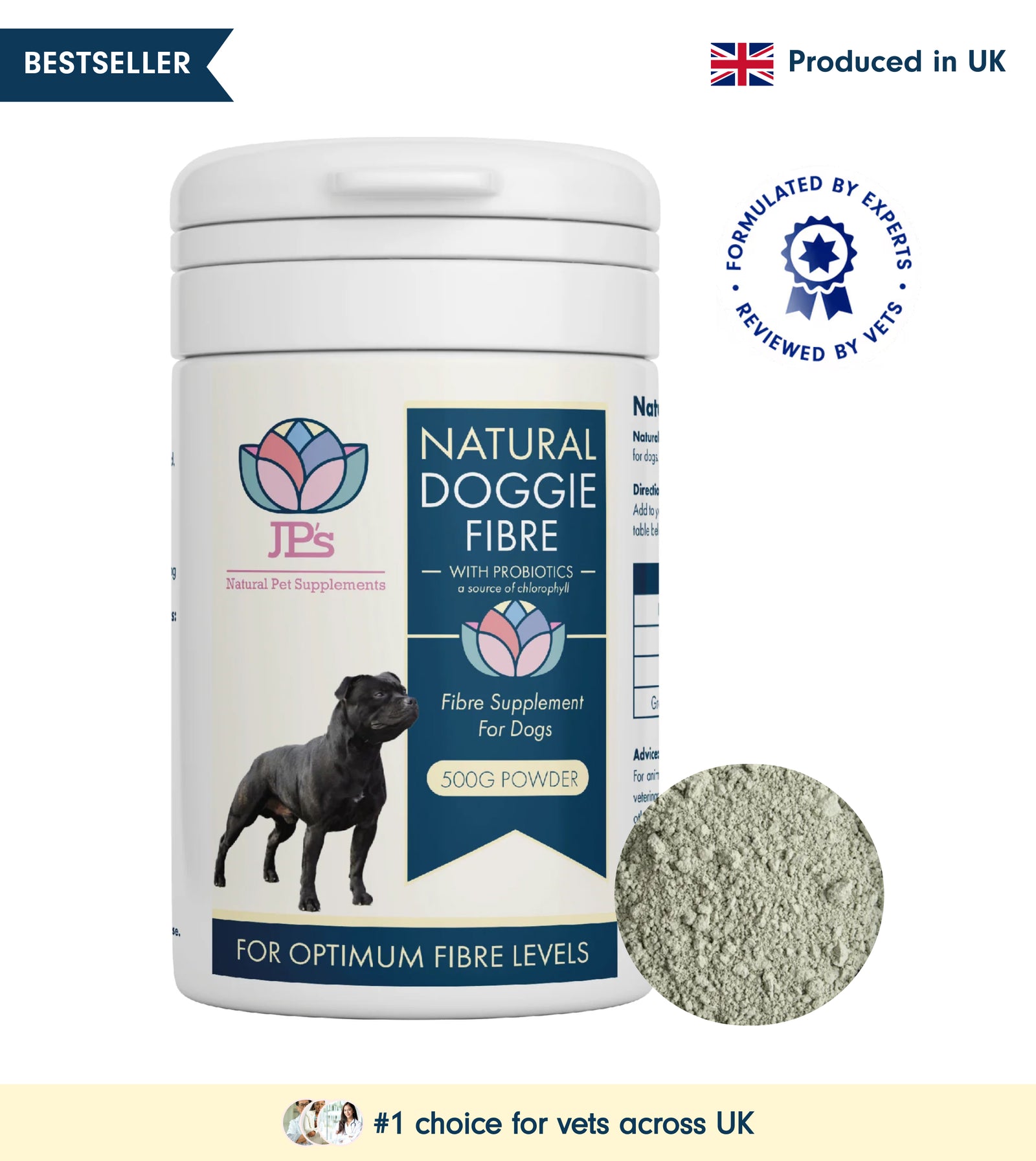
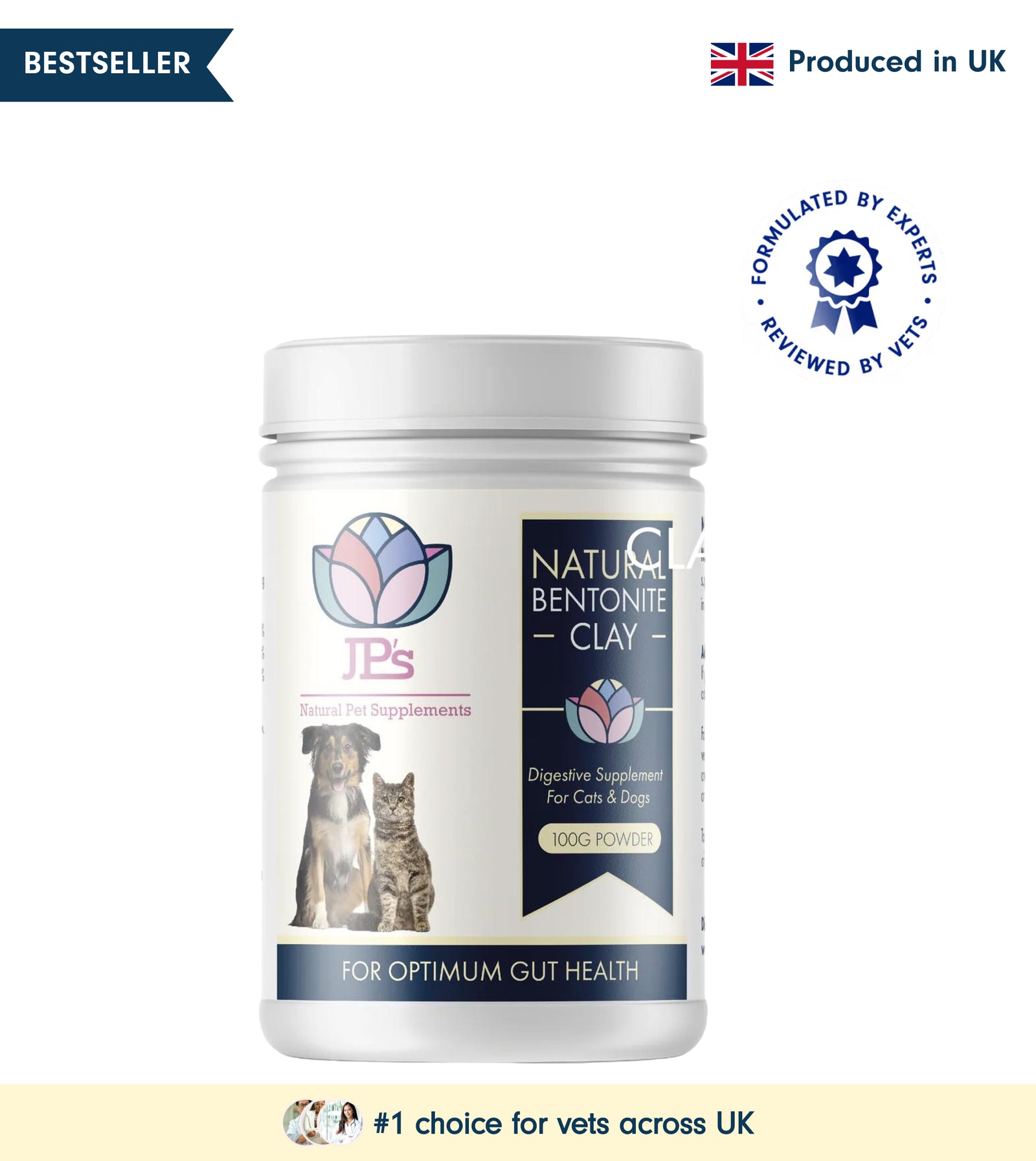
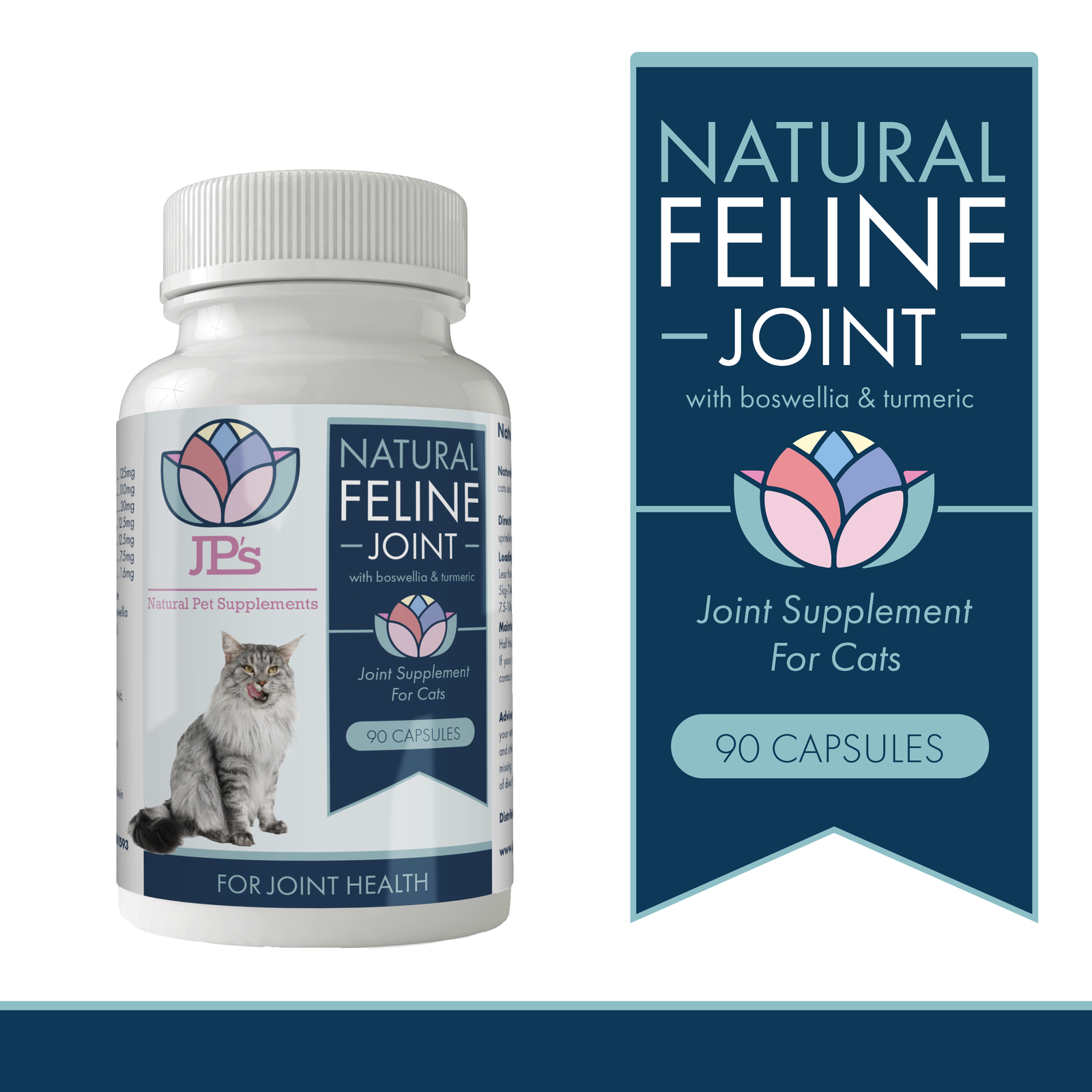
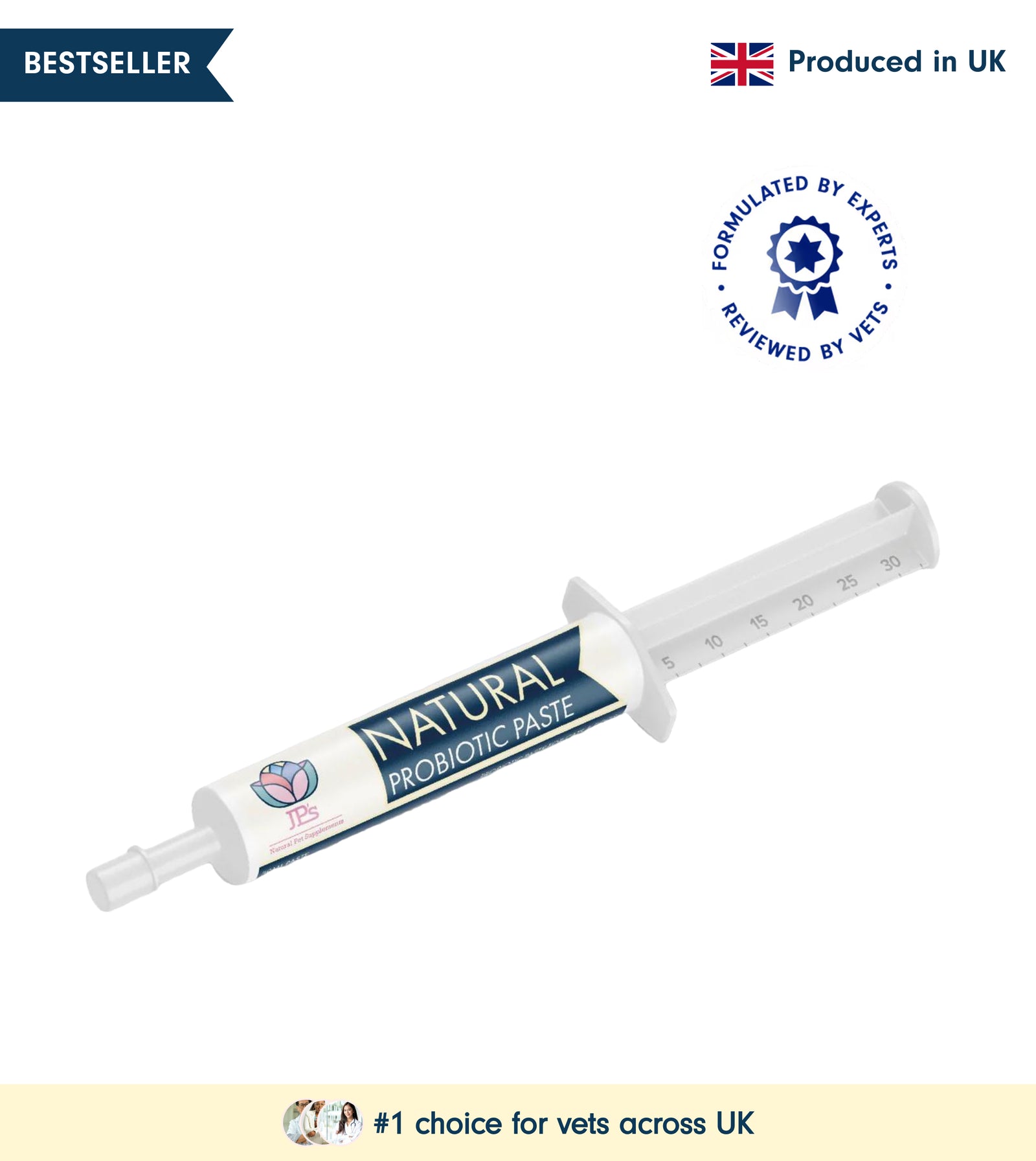
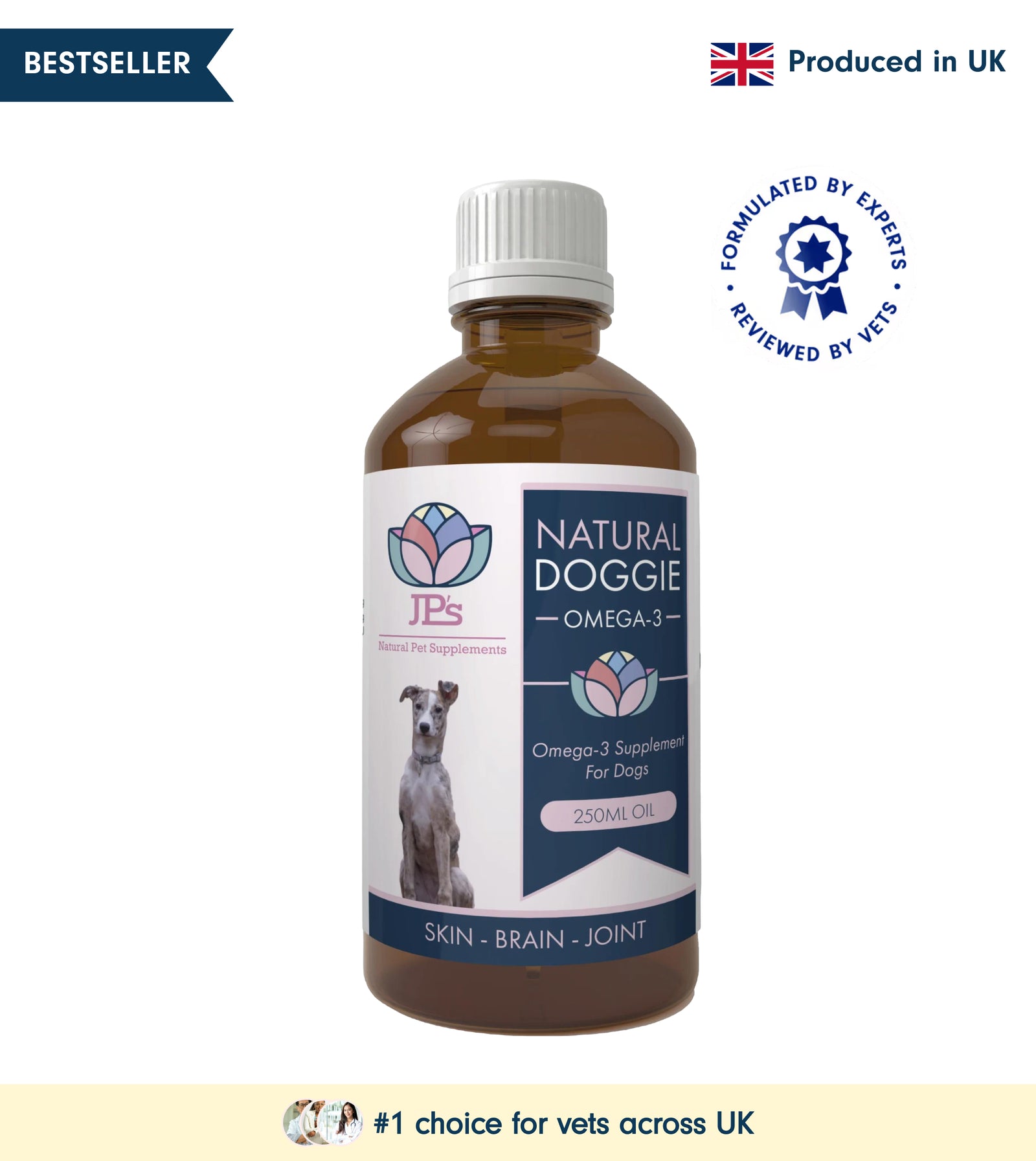
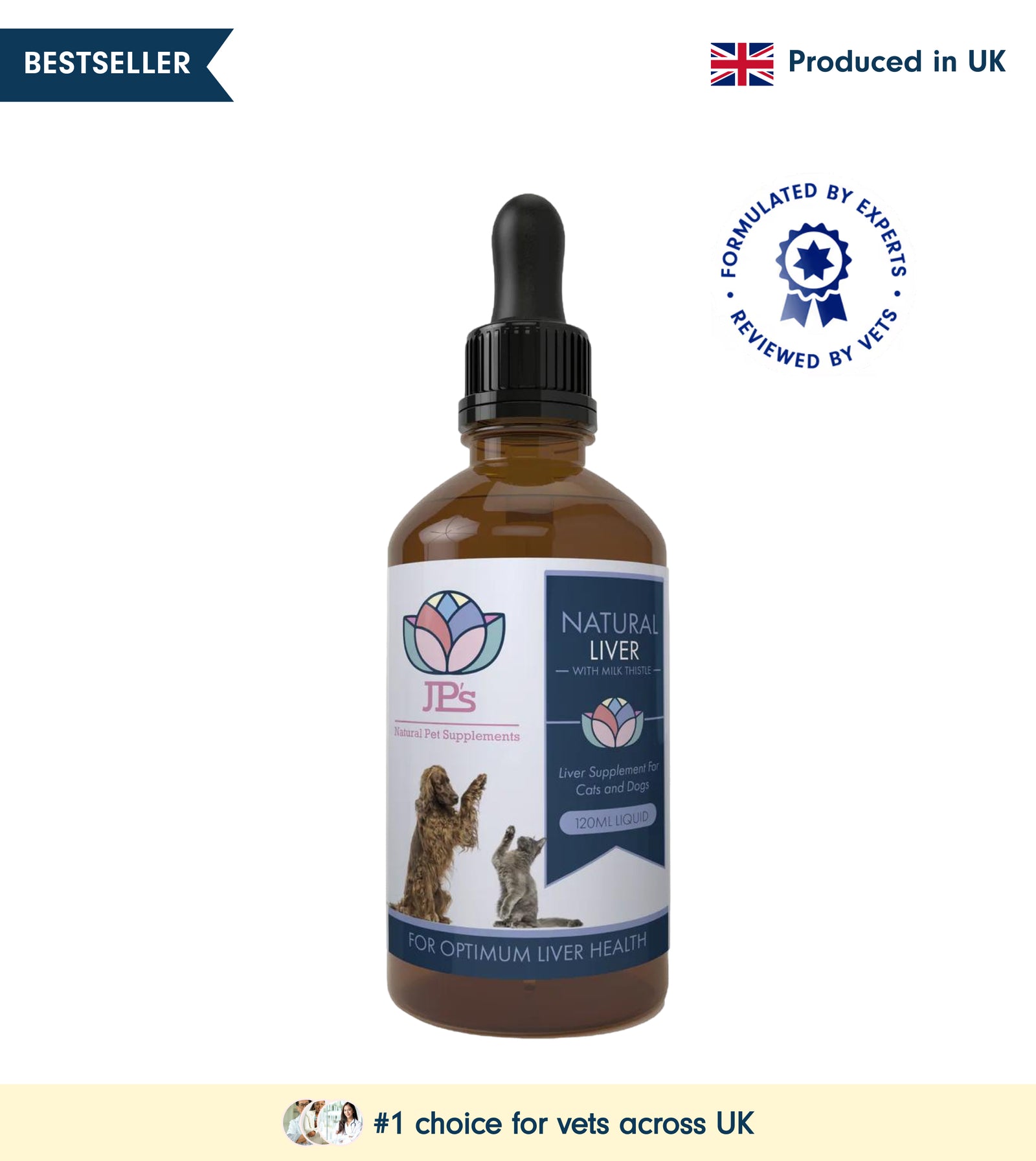
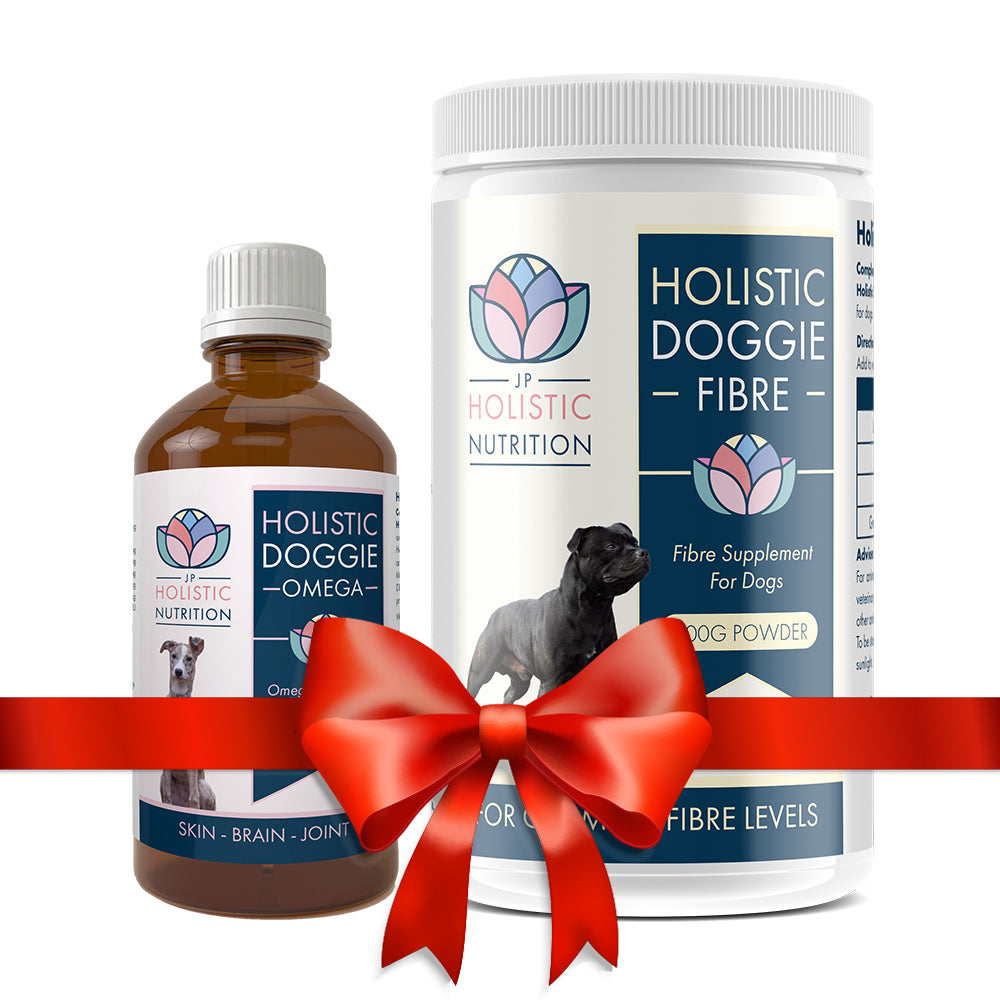
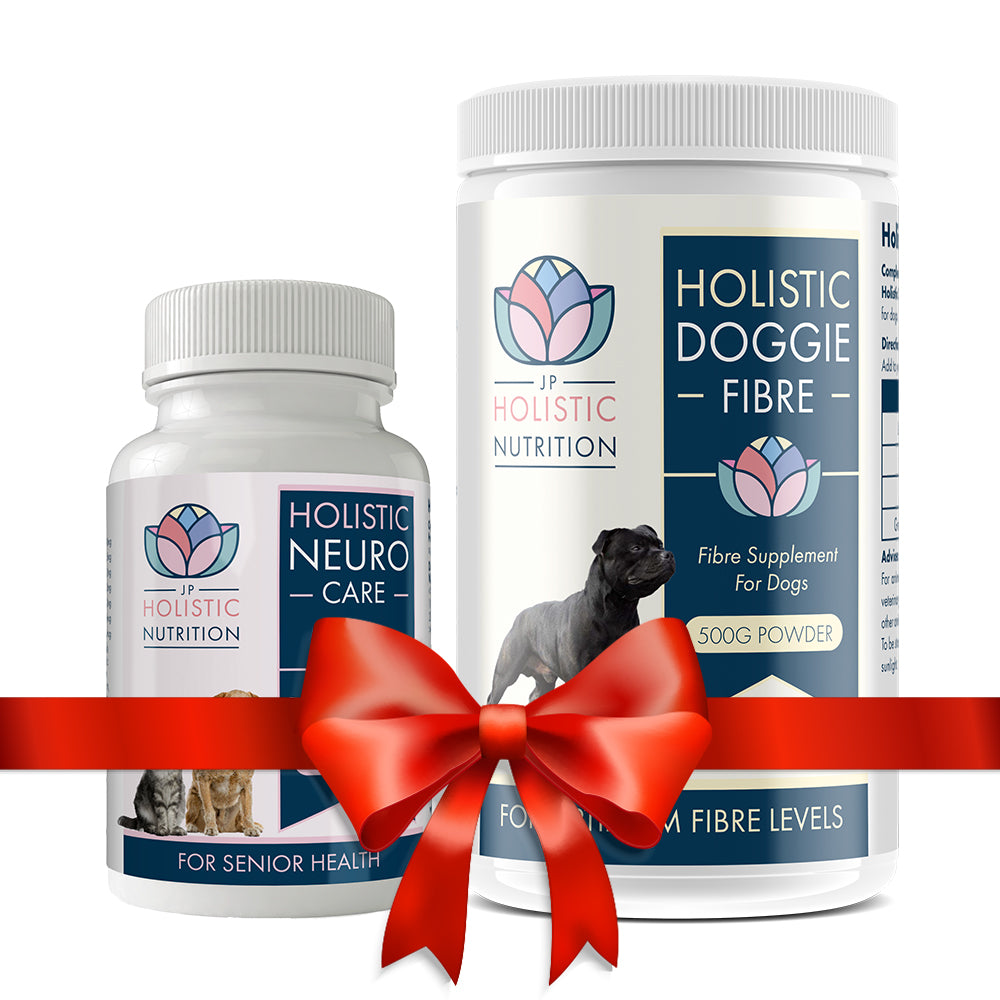
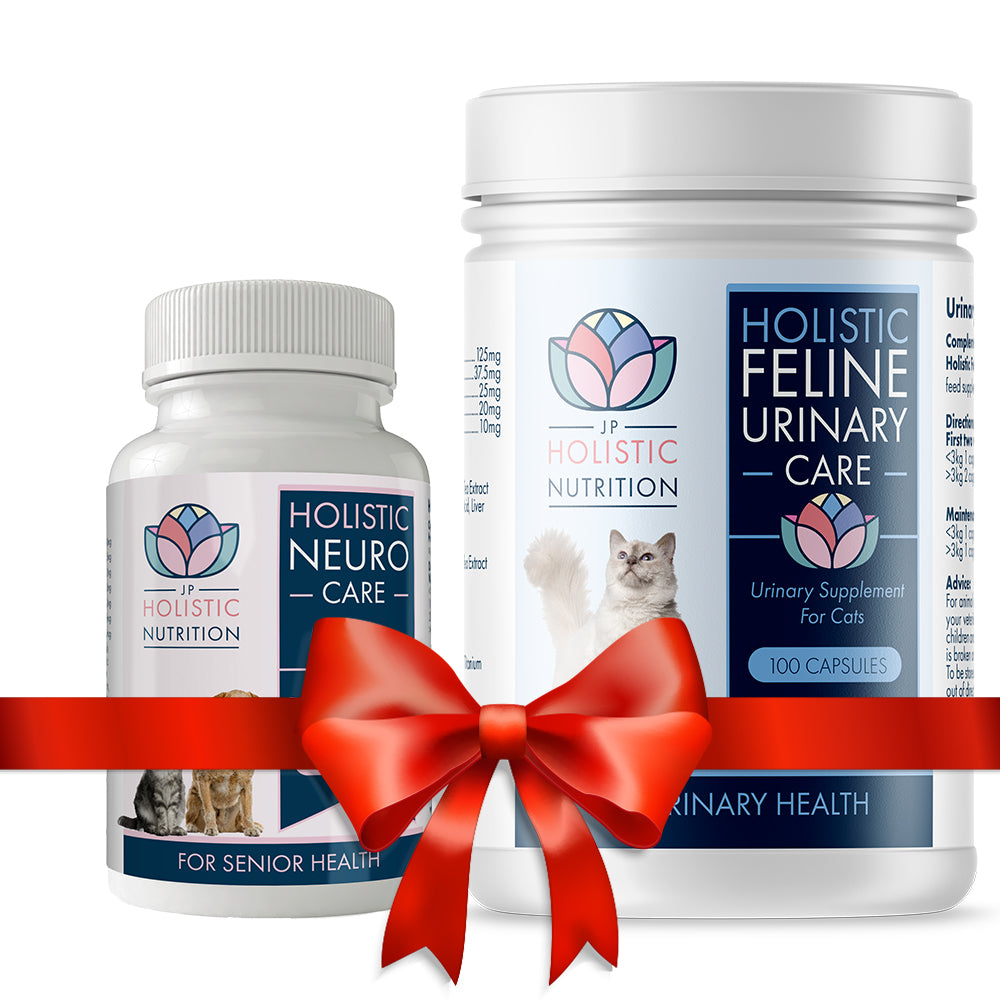
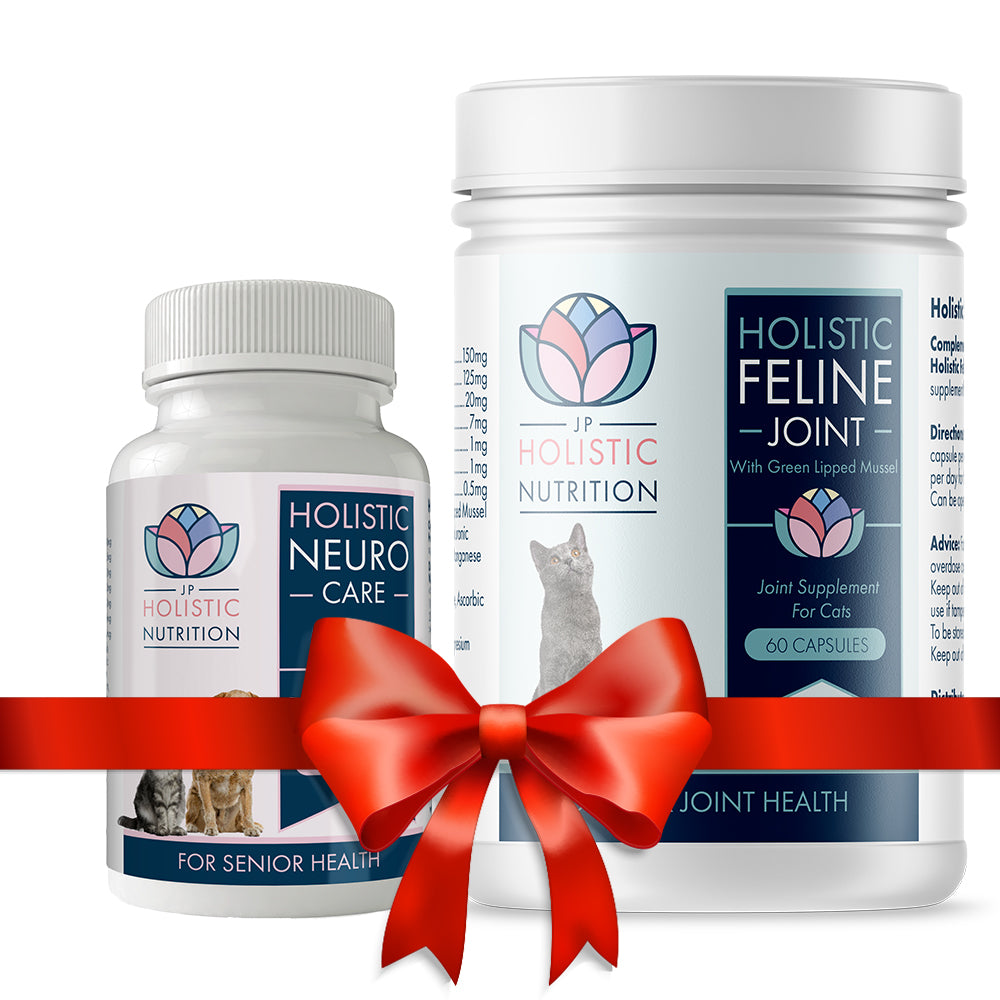
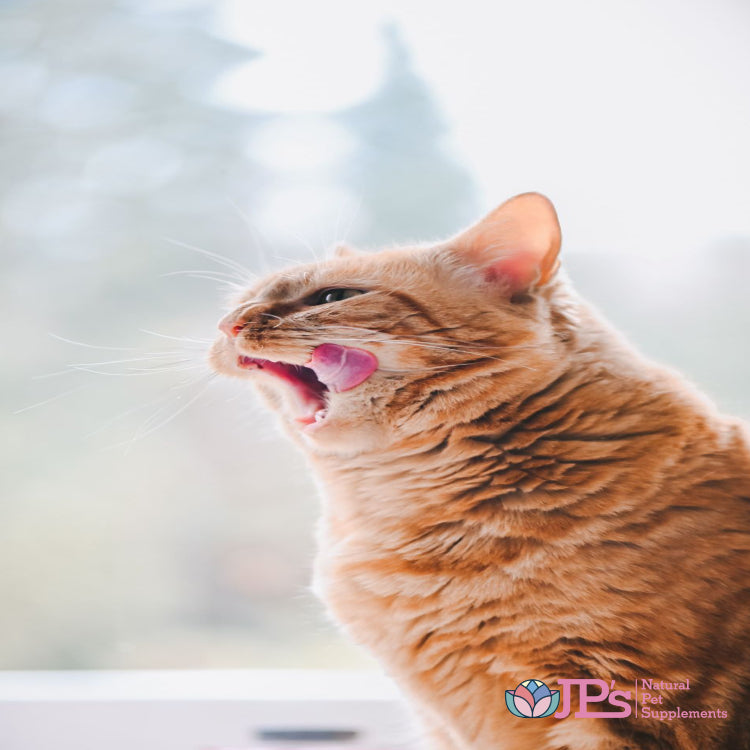

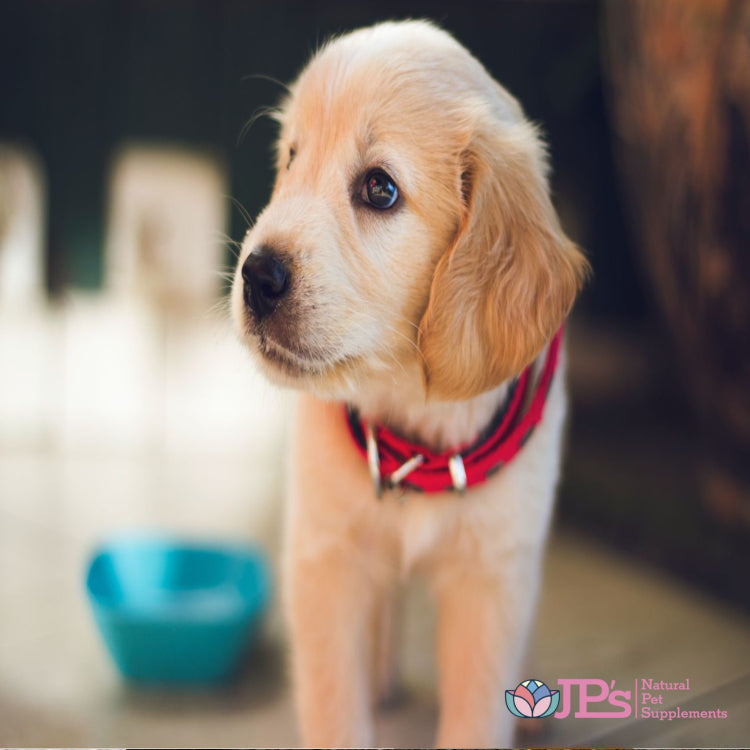
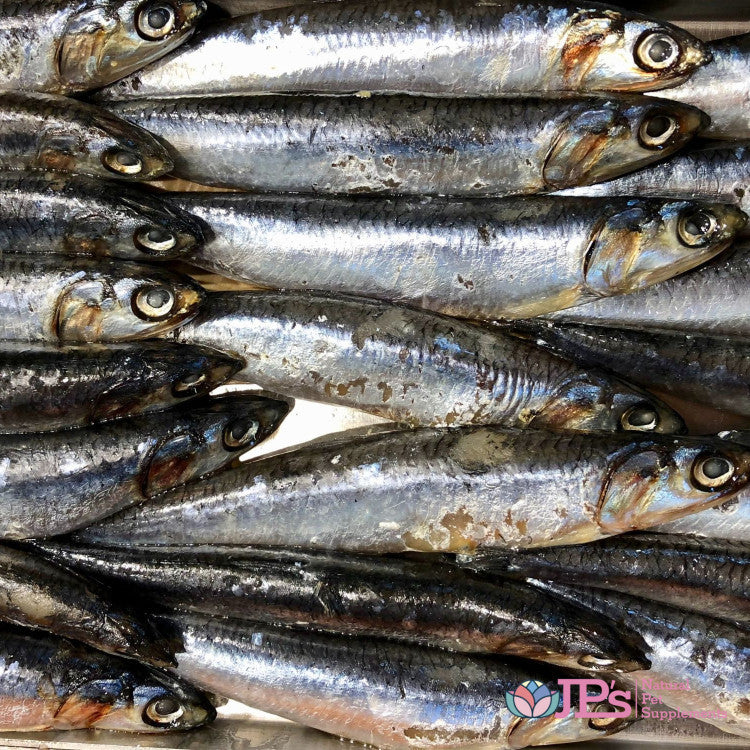
Leave a comment (all fields required)